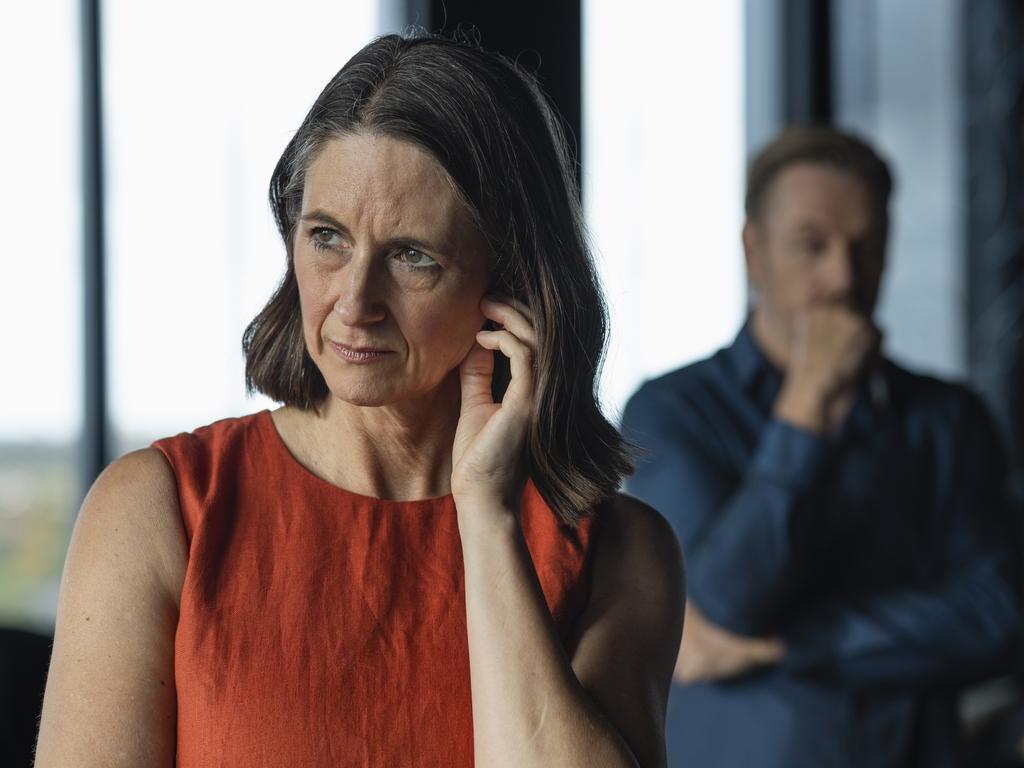Australia, get ready for the great wealth transfer
The oldest Boomer this year is 79. By this age the body is sending out subtle and blunt signals that, well, this mortal life has an end point. As Millennials and Gen-Zs inherit, how will the country change?

It’s a concept that has deep roots: the idea of passing on accumulated wealth at the end of life to the next generation. In times past, wealth transfer via inheritance was strictly for the aristocracy. Today, however, we have the prospect of a great wealth transfer that includes middle Australia: Baby Boomers (those born between 1946 and 1964) passing on housing and other assets to Millennial (1984-2002) children and maybe to Gen-Z (2003-2021) grandkids.
Of course, Boomers inherited some wealth from their frugal (Depression era) parents, but these assets were divvied up between, say, four and perhaps even six siblings. Millennials have sprung from much smaller families, often with a single sibling. Plus, Australia has prospered mightily in the past 35 years as a consequence of globalisation. That wealth found its way into housing and super, and in the fullness of time will also find its way to the Boomers’ progeny.
The great wealth transfer has been talked about for years. And now, I say, it’s almost upon us. Indeed, I suspect there’s a familial financial flow already under way. The oldest Millennial now is aged 41; the tail is passing 23. The oldest Boomer this year is 79, an age that must prompt thoughts of legacy. By this age the body is sending out subtle and blunt signals that, well, this mortal life has an end point.

It doesn’t necessarily mean passing it on via a will, either. Rather than waiting for an estate wrap-up, why not channel funds to adult offspring wanting to move out of their cramped inner-city apartment into a spacious forever home somewhere in suburbia or, better still, in a seachange or treechange locale positioned just beyond the edge of the city? That way, the ageing Boomers get to see the difference even a modest financial transfer makes to the next generation at this time in the life cycle.
It’s all a question of numbers: the number of people entering their eighties will ratchet up over the next five years as first-wave Boomers born in the late-1940s and early 1950s tumble into the arms (or is that bosom?) of old age. I might add that 80 isn’t my assessment of the start of old age, it’s Boomers’. For it is they who tease each other about “getting their OBE”, meaning they are approaching Over Bloody Eighty.
We are the first generation to have carried a lifetime of accumulated wealth decades beyond the working stage, let alone beyond the reproductive stage. Previous generations died in their sixties and seventies, their modest wealth then splintered across multiple progeny. Boomers will mostly die in their eighties, with their wealth transferred to a lucky few, maybe two, in the decade ahead.

This great wealth transfer will play out across the 2030s, although there are signs that a trickle is under way now. One of the ramifications could be the cost of housing being ratcheted up still further via family (parental) wealth transfers to bidders. It’s a process that raises questions about the Australian social contract. We should have the right to work hard, to pay our taxes, to help our kids. But how do we as a nation reconcile the fact that not everyone has access to familial support, let alone to generational wealth?
Social and affordable housing must be part of the solution to a problem that could be mightilyexacerbated by this imminent (perhaps already under way) great wealth transfer.
magazinefeedback@theaustralian.com.au







To join the conversation, please log in. Don't have an account? Register
Join the conversation, you are commenting as Logout